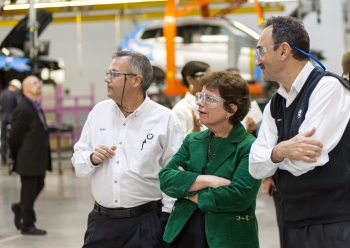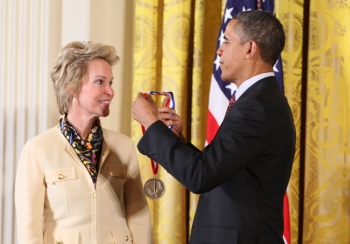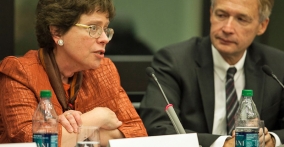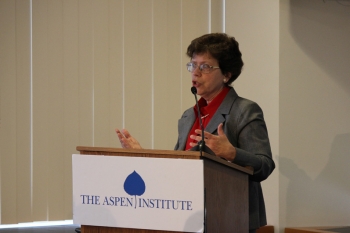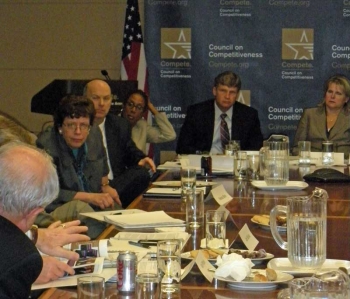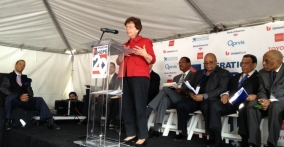Deputy Secretary Blank Travels to BMW in Spartanburg, SC to Highlight Revitalization of American Manufacturing
Deputy Secretary of Commerce Rebecca Blank visited BMW Manufacturing today and delivered remarks on the President’s plan to make America a magnet for jobs and manufacturing. The Deputy Secretary highlighted the President’s proposals for a new Investing in Manufacturing Communities Partnership, the SelectUSA program, and the National Network for Manufacturing Innovation. Blank’s visit comes on the heels of President Obama’s State of the Union Address, in which he outlined a broad agenda for revitalizing U.S. manufacturing, spurring innovation, and accelerating export growth.
During her remarks, Blank emphasized key Commerce programs that will drive President Obama’s “Make America a Magnet for Jobs by Investing in Manufacturing” plan. For example, Commerce is going to lead a team of federal agencies in the new Investing in Manufacturing Communities Partnership. The President has proposed a new program to support communities that do the hard work and analysis to identify key projects that will bolster their ability to attract investment. A competitive process will select communities that have done effective planning but need a little help to build additional assets. For instance, the program could provide matching funds to co-invest in things like a business park or a new tech transfer program with local universities. Local leaders will need to show that they’ve put together a strong plan to attract investments from a particular industry where their community has a comparative advantage. That means they’ll need to collaborate closely across the public and private sectors, local foundations, and local research and teaching institutions. By supporting communities that are actively working to become investment hubs, the program will help entice both manufacturers and their supply chains to come to a particular area.


